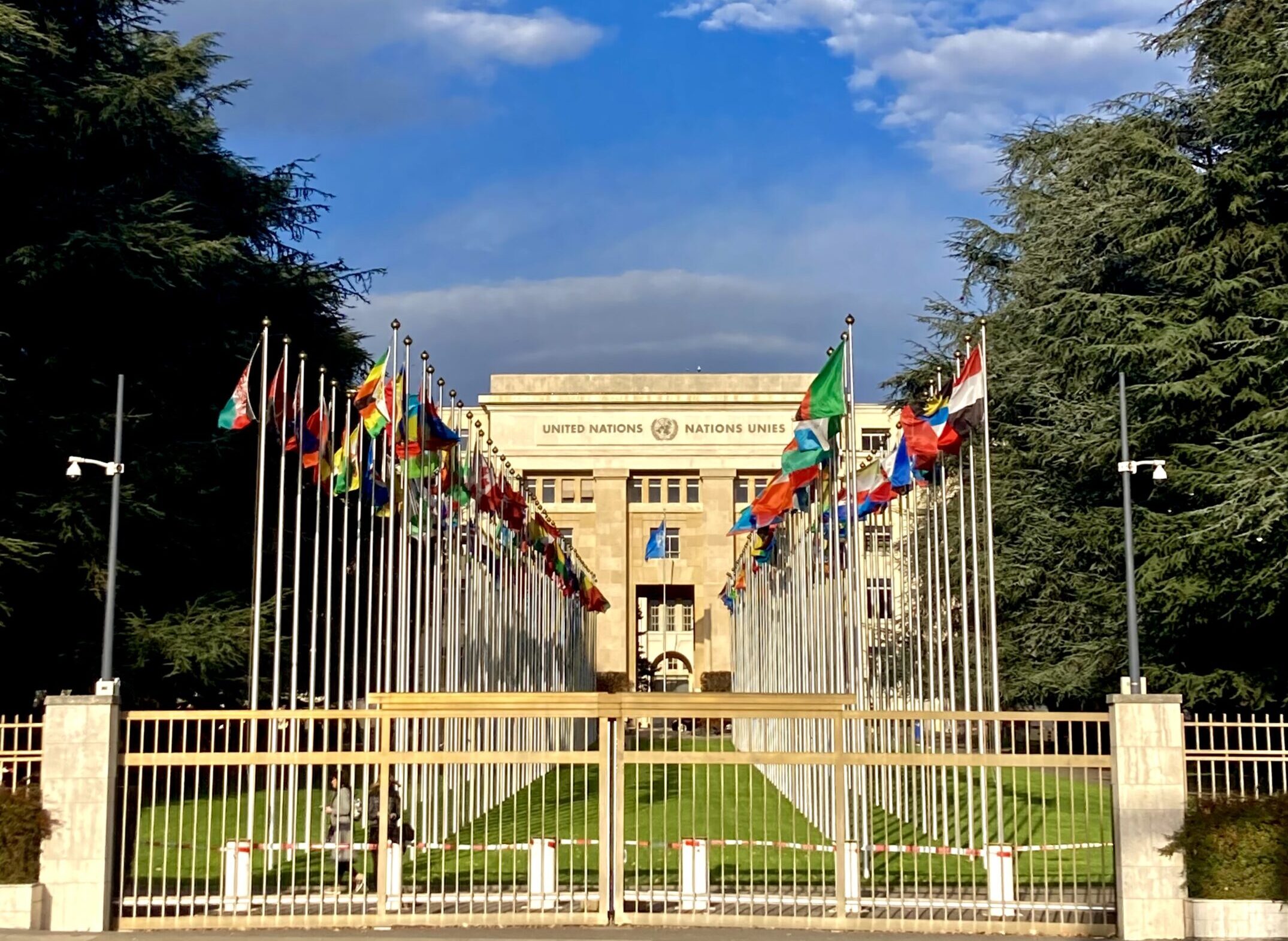Human rights and modern slavery
GoodCorporation helps organisations to understand and manage their salient human rights impacts. We work with clients to develop the policies and processes needed to identify, prevent and address any human rights impacts in both their own activities and those of their business partners.
This is increasingly becoming a legal requirement as more jurisdictions mandate companies to account for and address any adverse human rights impacts arising from their activities or business relationships.
Our human rights consultants use their expertise to provide best practice guidance and deliver improvements that meet both societal and legislative requirements.

Our human rights services
Our human rights services cover the following:
Mapping company wide human rights risks
Development of a corporate-level human rights roadmap
Human rights impact assessments
Worker welfare assessments
Development of policies and processes to address human rights and modern slavery impacts
Development and facilitation of tailor-made human rights training

Human rights risk mapping
For businesses seeking a comprehensive view of their human rights risks worldwide, whether to comply with regulations such as the Corporate Sustainability Due Diligence Directive (CSDDD), meet investor expectations or simply manage ethical and reputational risk, the first step is to conduct a company-wide risk mapping exercise.
GoodCorporation helps clients identify and map these risks across each of their business activities and throughout the value chain. Each risk is associated with appropriate mitigating actions. Our methodologies are tailored to our clients’ human rights journey to ensure the effective implementation of any recommendations.
This exercise will provide the basis for a human rights roadmap that will guide the operational management of human rights for the future.

Human rights impact assessment
Human Rights Impact Assessments (HRIAs) are an essential tool for companies to identify and address the impacts linked to a specific high-risk project, operation, product or raw material. HRIAs can look at the company’s own operations, as well as the upstream and downstream value chain.
In line with international best practices and our well-established assessment methodology, GoodCorporation’s HRIAs rely extensively on stakeholder engagement. The perceptions of rights-holders or potentially affected stakeholders such as workers, human rights defenders and communities, and other relevant stakeholders, such as civil society organisations and government agencies where relevant, are collected by our human rights consultants to identify any potential or actual adverse human rights impacts and to design suitable remediation measures.
Our work focuses on vulnerable groups, including migrant workers, women, children, ethnic minorities, and members of the LGBTQIA+ community depending on the context of operations. Our human rights consultants analyse issues such as child labour, bonded and forced labour, child safeguarding, the wage system, the use of security forces, community health and safety, or gender in context, as well as their underlying causes, in order to propose appropriate mitigation measures.
Read our related blog
Key steps to conducting an effective
human rights impact assesment

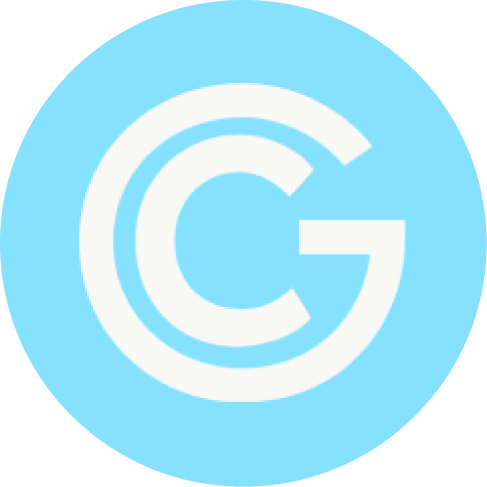
Worker welfare assessment
As part of their management of human rights, organisations are expected to ensure that high worker welfare standards apply across all areas of their operation, including the supply chain.
Where workplace rights are at risk, GoodCorporation conducts dedicated worker welfare assessments. Using the GoodCorporation Labour Rights Framework, we apply our methodology to check whether a policy exists, that it is properly implemented, that records exist and that workers agree that the system works in practice.
Worker welfare assessments cover a range of issues including discrimination, harassment and bullying, freedom of association and collective bargaining, living wage, health and safety and how these are managed in the supply chain.
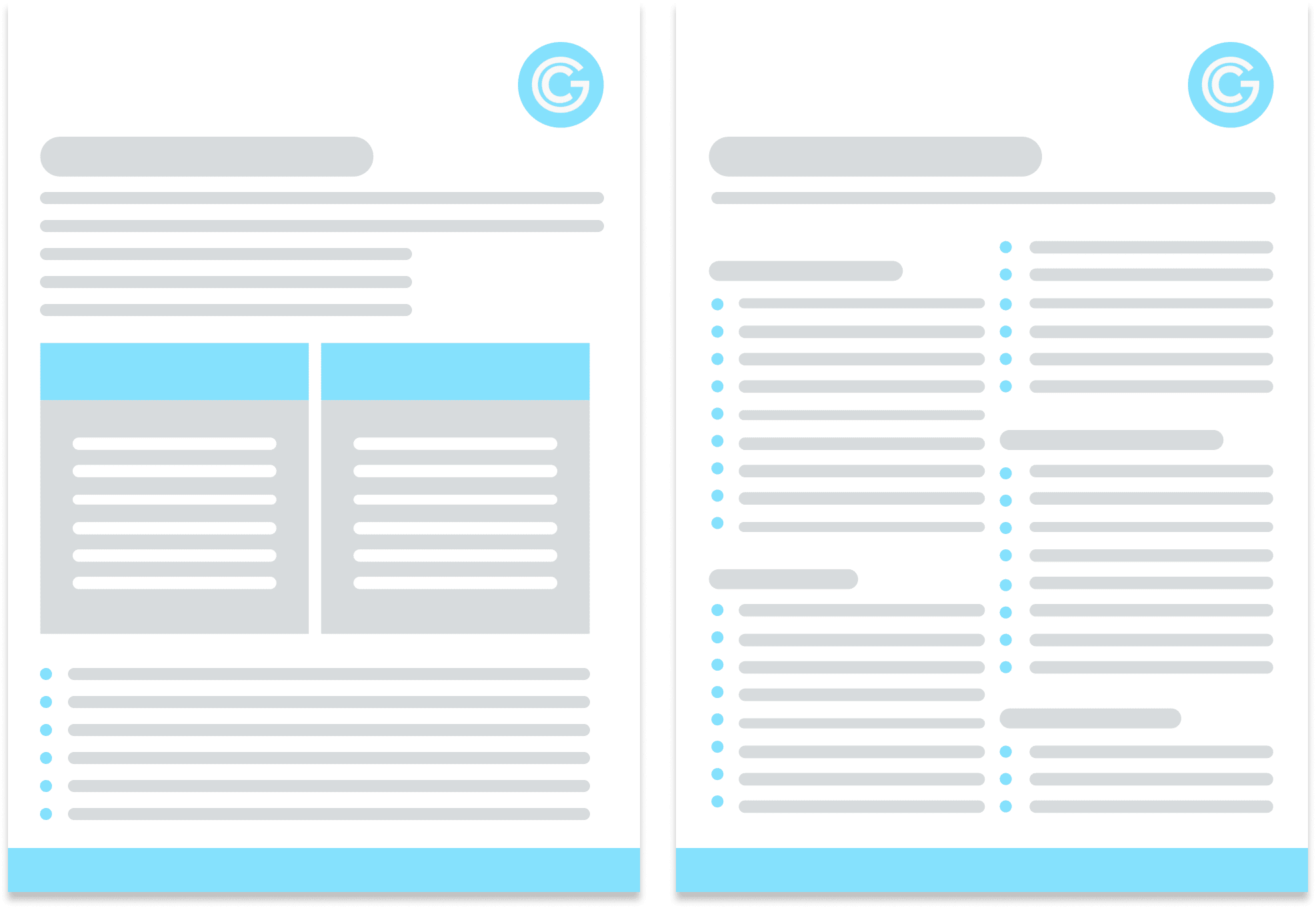

Download our Frameworks
Human Rights Management and Governance Framework
Community Rights framework

Our human rights frameworks
GoodCorporation’s frameworks on human rights are based on emerging international best practice. They were developed with reference to the UN Guiding Principles on Business and Human Rights, The UN Guiding Principles Reporting Framework, The Modern Slavery Act and The ILO Declaration of Fundamental Principles and Rights at Work.
Our frameworks are used in much of our human rights consulting work to develop, embed or assess an organisation’s approach to respecting human rights. We can also tailor the framework to suit the needs and risk profile of individual companies. They cover three key areas: the governance and management of human rights, respecting labour rights and respecting community rights.
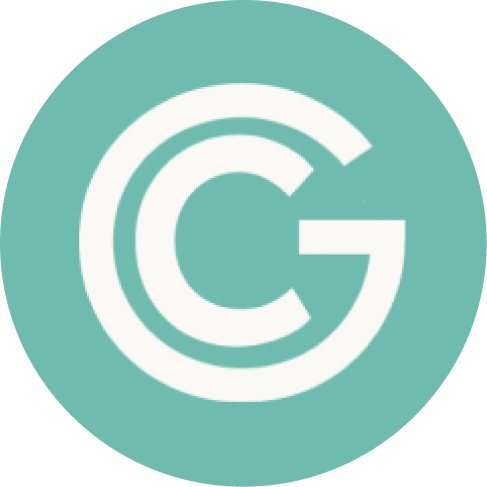
Human Rights and Environmental Due Diligence Framework
The GoodCorporation Framework on Human Rights and Environmental Due Diligence offers a comprehensive set of responsible business principles to help organisations strengthen the management of their human rights and environmental impacts across their chain of activities.
Use of the framework will help companies identify, prevent, mitigate and remediate their human rights and environmental impacts in order to comply with the EU Corporate Sustainability Due Diligence Directive (CSDDD). In line with the directive, the framework defines ‘due diligence’ to mean the whole system of managing these impacts throughout the organisation’s’ chain of activities’, extending to their own operations, those of their subsidiaries and business partners, all upstream activities and selected downstream activities.This due diligence will entail not just the act of identifying these adverse impacts but also managing and remediating the harms found and establishing mechanisms to identify and alert the organisation to any future impacts.
Drawing directly on the measures set out in the CSDDD, and incorporating best practice and international guidelines, the framework can be used to help ensure legal compliance, minimising potential liability and the prospect of fines, civil action and compensation. It can help organisations identify any gaps in their due diligence processes and develop robust due diligence systems to meet these new requirements.
The framework covers a range of key topics including top-level commitment, due diligence policy and processes, combating climate change, stakeholder engagement and grievance mechanisms, ensuring a comprehensive approach to sustainable business practices.
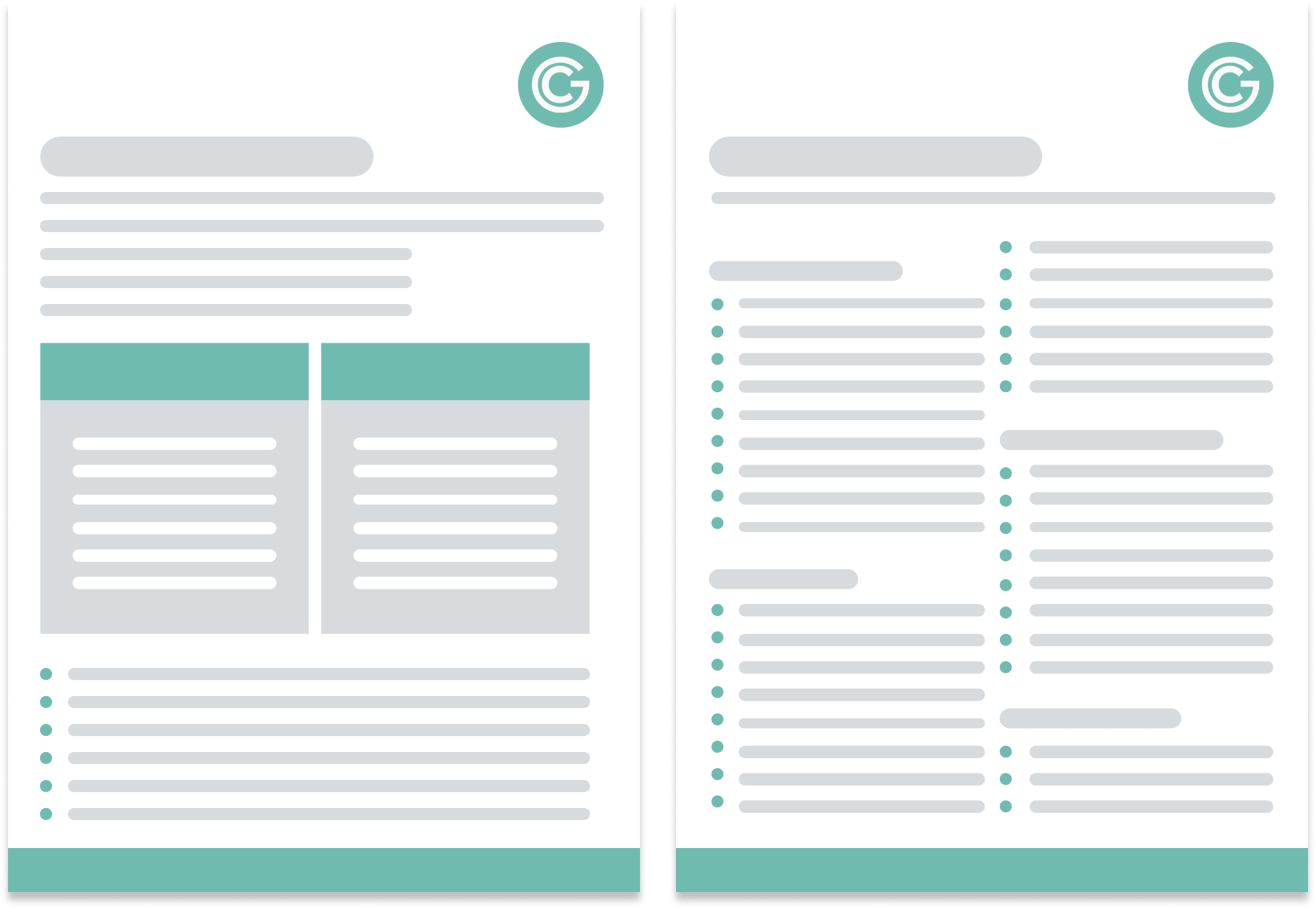

Human rights training
Our courses provide the knowledge and skills needed to improve human rights practice within an organisation.
GoodCorporation devises and facilitates human rights training programmes that are tailored to suit the needs of a particular organisation.
We offer
Training programmes for internal company stakeholders at various levels: board and senior management, key functions such as procurement teams or internal audit, internal subject-matter experts or all staff members.
Our programmes cover a range of topics, including the human rights regulatory landscape and stakeholder expectations, how to carry out human rights assessments in practice, labour rights or security and human rights more generally.
SEE OUR FULL RANGE OF ETHICS AND COMPLIANCE TRAINING PROGRAMMES






